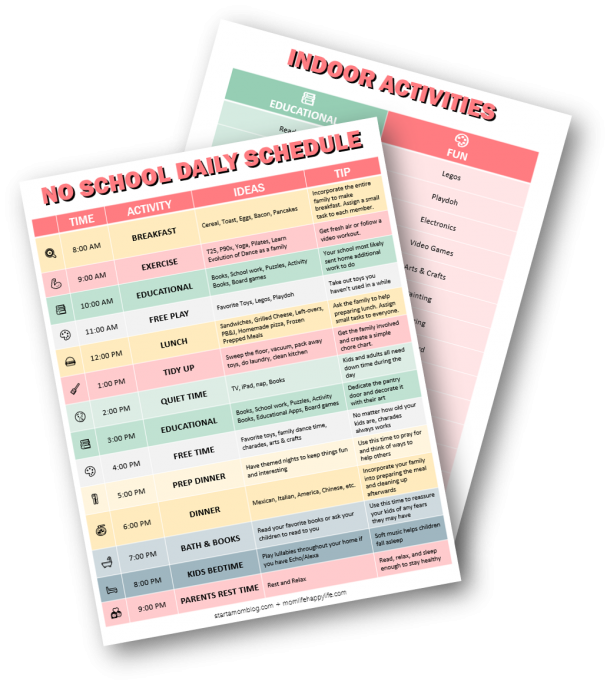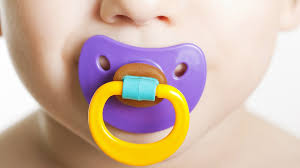
Chores for kids + Free Stick-on chore chart printable:8 tips to get your kids to happily do their chores
Is getting your young kids to do chores a time of frustration in your home? I remember dreading the messes after playtime was over because I knew that I would be having a back and forth with my children over doing chores until I discovered these tips.
Chores for Kids: Why should I even bother?
I totally understand that sometimes teaching your child how to do certain chores is a task in and of itself. Between the ages of 2 and 5, most children are neither efficient nor neat and it can be so much easier to just do the chore yourself.
Yet parenting expert Jim Fay explains that kids need to feel needed and to know that they are making a contribution. Having chores is a great way to achieve this. Research also shows that children who are given responsibility at a young age even small chores fare better in the future.
The Research
According to the Washington Times, Marty Rossmann of the University of Mississippi used data collected over 25 years, starting in 1967. This was to discern whether asking children to help with household chores starting at age 3 or 4 was instrumental in predicting the children’s success in their mid-20s.
Chores for kids, she determined, instilled in children the importance of contributing to their families, and gave them a sense of empathy as adults. Those who had done chores as young children were more likely to be well-adjusted and have better relationships with friends and family.
They would also be more successful in their careers. In fact, says Rossman, “the best predictor of young adults’ success in their mid-20s was that they participated in household tasks when they were three or four.”
Tip 1
Accommodate imperfection
Having a relaxed approach when it comes to chores for kids is a wise approach. Acknowledge that none of us are perfect and allow room for mistakes. Don’t be too quick to jump in and do the task yourself as this defeats the whole point.
Tip 2
Start as young as possible
Sometimes it’s easy as a parent to feel like a one- or two-year-old is way too young to start on chores but children are far more capable than we give them credit for. I noticed that my 2-year-old could carry some clothes to the laundry machine and put them in.
They could easily reach into their toy bin and get toys in and out. If we delay training them and assign small tasks waiting for them to be ‘ready’ we then miss it. Children learn by doing.
Tip 3
Praise goes a long way
I noticed early on that when I praised my child as they were doing the chore not just at the end of it, their little faces would lighten up and I could see them looking determined to really do a good job. It was almost like an energy boost for them.
So I would definitely encourage you to throw around praise lavishly during chore time.
“Oh you are doing such a great job picking up those toys, I can’t wait to see this place once you are done.”
“I’m really looking forward to seeing you brush your teeth today, you did an amazing job of it the other day.”
Tip 4
Consistency is your friend
I will be the first to admit that I haven’t been great at this one and I will keep on trying to be because the benefits, in the long run, are definitely worth it.
‘ A consistent approach is shown through a clear set of limits and boundaries that provide kids with structure and teach them how to behave. Studies show that families with very few boundaries or rules are more likely to have children who behave poorly around others, or don’t consider their own safety.’- Parenting Ideas
Tip 5
It’s a lot easier to clean a home that is clutter-free. I have found that there’s a difference between chores done in a house which is relatively clutter-free and one that is cluttered. In one, you actually make satisfying progress, in the other, you are merely moving dirt around.
So get some boxes with your kids and declutter as much as you can. This will set you up for chore success!
Tip 6
Fun chore charts
Make a list of the jobs you want to get done. Below are some age-related chores you can pick from. You can divide them into the different times of the day or into weekly ones.
Ages 2-3
- Put toys away
- Put some clothes in the laundry basket
- Pick up rubbish to put in the bin
- Use a cloth to wipe small spills
- Put items in piles
Ages 3-6
- Make their bed
- Brush their teeth
- Feed a pet
- Help clear the table
- Water some plants
- Closing the curtains
When it comes to smaller children (preschoolers) who are not yet able to read, a stick-on chore chart works great. The stick-on chart has icons that show the different chores. It’s split into morning and evening and the completed section under these. They can then move the icons around when the task is finished.

Tip 7
Lead by example
Children will learn by doing, so do the task together first, step by step. Then allow them to help you do it, and just supervise as they do it. As they get older, you can ease back on supervision during the chore but continue the praise.
If you need the chore done by a certain time, it might work better to attach a condition. This avoids micromanaging them. An example could be, ‘When you finish closing the curtains, you can come, and we can read our story together.
Tip 8
Have fun
Young children enjoy dancing and singing, so put on some fun music during chore time and have fun together.
I hope these tips will help your family and don’t forget to check out this free Stick-On Chore Chart for your little one.





d4m03e
vx3iu2
ut2344
dbgihc